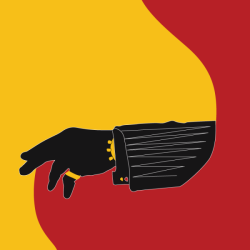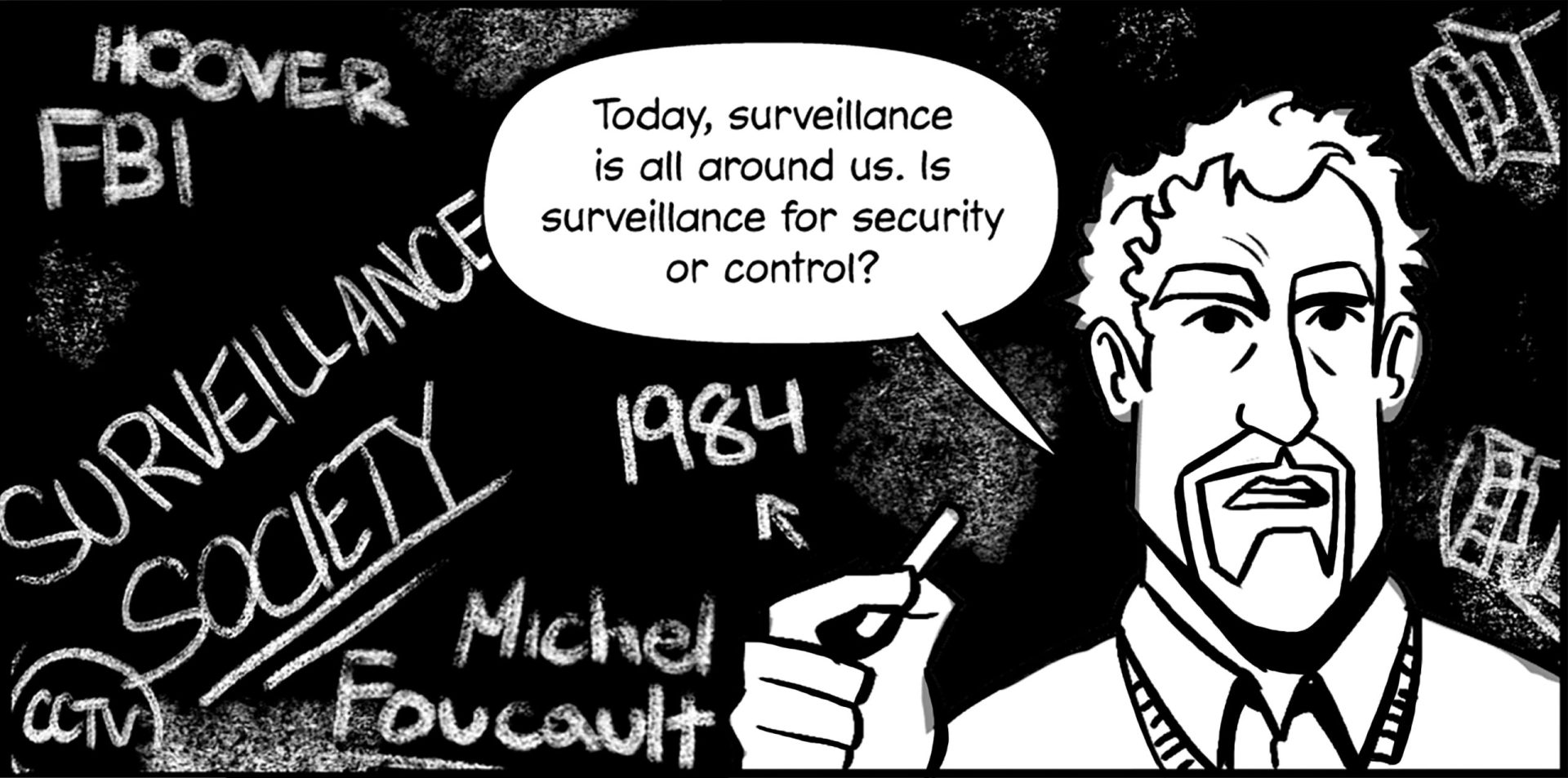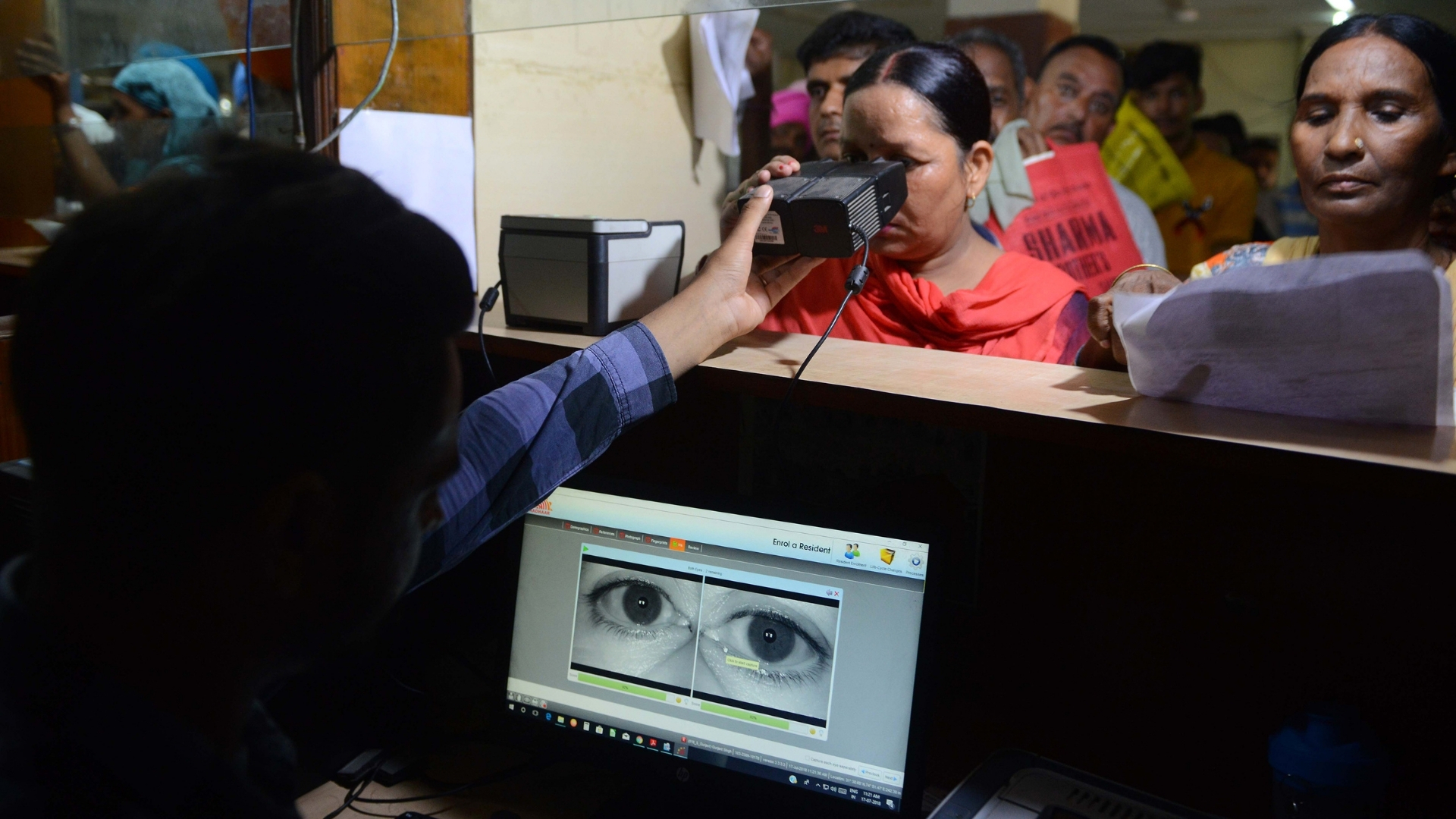There was no specific tipping point that made Logan Lane get rid of her smartphone. One day, the thought just arrived. “I was like, I just can’t fucking do this anymore.” And she put away the device that had dominated her life since she was 11. “I spent about five of my developmental years just tied to my smartphone,” she says. Logan, 20, bought a basic flip phone, and re-learned to navigate the world, without social media, GPS, and without the constant, nagging cry for attention from her smartphone that had punctuated her days.
She grieves the early adolescence she lost to her phone. “In the years when you’re supposed to be reading and playing, we were on our phones and computers,” she says. “We had those years of play stolen from us.”
Lane is the founder of the Luddite Club, a solidarity network of “former screenagers” growing a movement across America. Together, they’re pledging to give up their devices, choosing instead a life of voluntary exile from the digital world.
To speak to Lane, I placed an international call to her flip-phone — an act that already felt anachronistic. The line crackled as we talked and her train rattled through New York City. For a moment, the world felt analog again.
Lane is part of the first generation with no memory of life before smartphones — a generation that became addicted to their phones before anyone truly understood the cost. “There’s no one person to blame,” she said. “Even though I was only 11 or 12 years old when I got a phone, I was responsible for facilitating this addiction in my life. But at the same time, I was a child.”
All around Lane on the subway, all along the train — and along every train in New York City; every train in every major city in the world — people stared into their smart devices. The smartphone penetration rate for the world is about 60%; in the U.S. it’s at 91%. Just a decade ago, global penetration was 10%, but now many of us can’t leave a room, let alone the house, without our phones.
Rising in response is a resilient counterculture; a growing group of people who have had enough. People who long for a simpler, more three-dimensional life in which they have control over their digital existence, and their thoughts and data are not harvested, nudged, monitored. So they check out. Power off their smartphone; lock it in a drawer; give it away; throw it in the trash. Hope they’ll never have to use one again. The Luddite Club now has local chapters all over the U.S., and young people are flocking to the myriad offline events where they talk about reclaiming their lives from tech capture.
“I’m excited to read on the train in peace, to not look at social media, post or check up on exes, looking for validation or a small dopamine hit. I’ll get dopamine the right way,” a young woman recently wrote on Reddit. “It will be difficult at first,” someone responded, “but it will become more freeing after you break your chains.” Another young man wrote that he had “just wasted ten years of my life living in an alternate reality.” Having made the switch, he called on others to “come back to the real world and enjoy the struggles and solutions of analog life.”
These conversations unfold in a radical corner of the internet where thousands of people a day come to discuss getting rid of their smartphone. The “dumbphones” subreddit has the intimacy of an addiction support group. The page is full of pictures of what people call their “everyday carry” gear, the tech they bring with them on a typical day. For people of a certain age, the pictures are transfixing, nostalgic: Motorola Razr flip phones, old Nokias, candy-colored iPod minis, notebooks, A to Z maps, point-and-shoot cameras, MP3 players. The photos hark back to a moment in time before everything — as the Luddites see it — started to go wrong.
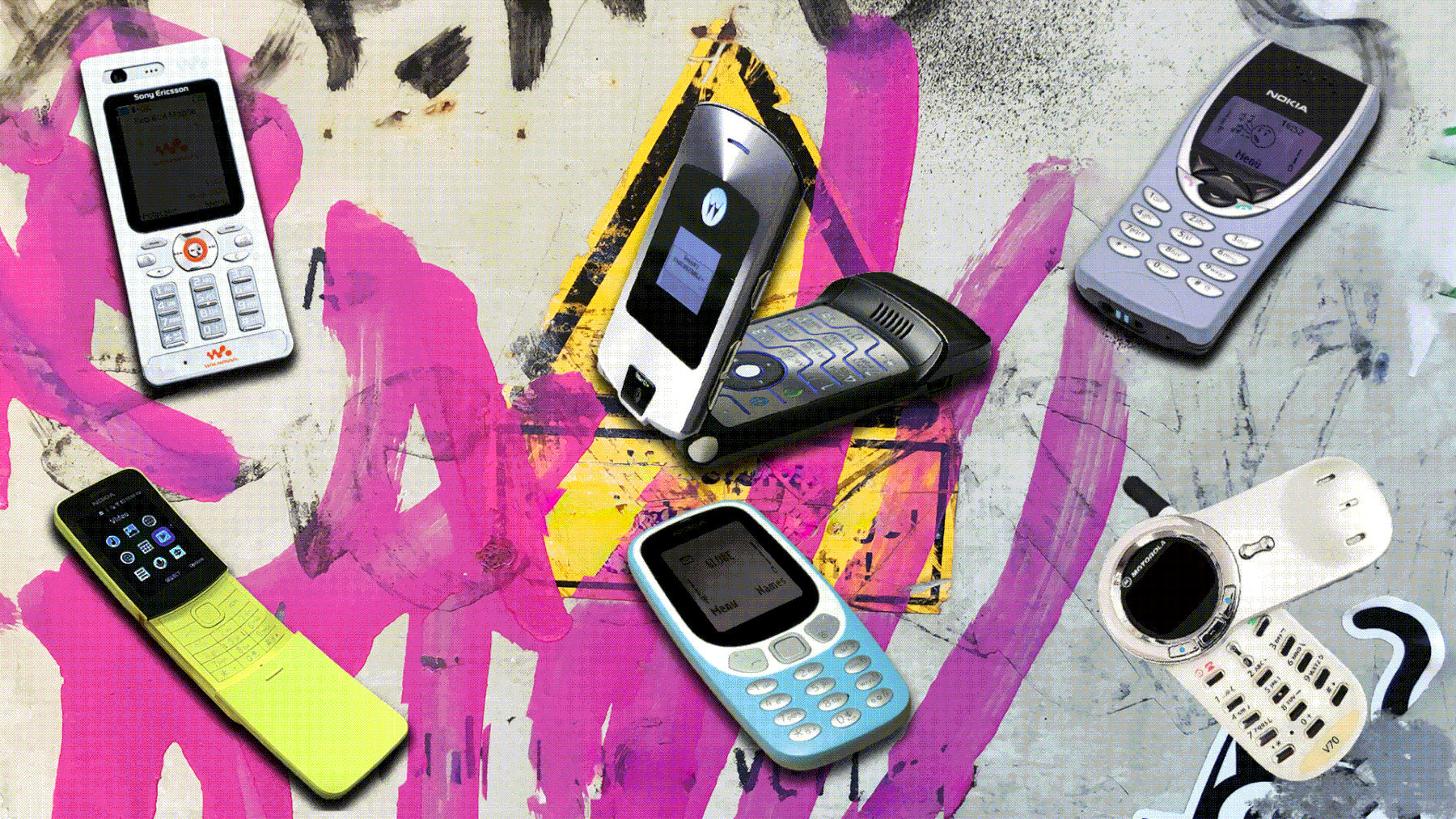
It was, if you want to put a specific year to it, 2006. Facebook had just opened up its usership beyond students, and tens of thousands of users were signing up every day. Back then, Facebook reunited long lost schoolfriends, lovers, even relatives. Independent musicians blew up overnight on Myspace. Social media felt like something that would make people more open and connected. The first iPhone was still a year away. We still knew how to navigate our world without Google maps. We still read books on commutes, took pictures on cameras and uploaded them in their joyful hundreds to Facebook for fun. The 2008 crash hadn’t happened. Attention algorithms didn’t yet exist. The tech companies still felt like harbingers of a better, more connected future.
Daisy Krigbaum, a dumbphone advocate who now runs a business around it, calls that era “the sweet spot.” It was a time, she says, “when online social platforms were there to facilitate in-person correspondence. They just filled the gap between when you could see somebody in person. You could talk to your friend while they’re abroad. You could talk to a family member who’s bedridden. But then it evolved into a monster.”
The “sweet spot” is something Judy Estrin remembers well. One of the internet’s early architects, Estrin is a Silicon Valley veteran who helped build the foundations of the web in the 1970s. When I spoke to her at a sunny cafe in Palo Alto last year, she described the last days before technology stopped being built to cater to our needs. “It was human-centred,” she said of the internet back then. “It wasn’t until we got into the Cloud, mobile, social, that the dynamic shifted and it became more about humans adapting to the technology.”
One thing that had kept tech companies in check, Estrin explained, was limitations on computing power. “There were constraints on the technology. We kept moving up against processing, bandwidth, storage.” But once computing power got cheaper, those constraints disappeared. “The culture changed,” she said. Instead of designing carefully, companies could just keep adding features. “The design aesthetic was these continuous scrolling feeds. The design of mobile became more and more massively online.”
She remembered how computer scientists started designing for mobile first. “We stopped having to think in terms of constraints. We just started brute-forcing everything.” And then tech began not to respond to our lives but to shape them. “It was in 2010, 2011, 2012,” Estrin said, “you could see the incentives of the system and the ad-driven markets just completely starting to shift things.” She said she felt guilty for not noticing this switch sooner — and for playing some role in the world Silicon Valley created; the world we all live in today. “ I did and do feel increasingly disappointed. Just disappointed with the technologies that we created,” she said. “ I think that I was so heads down and focused for so many years, between building companies and raising my son. And I think that I, then at some point, picked up my head. And it’s like, well, why wasn’t I paying attention to this stuff? What was I doing?”
For dumbphone business-owner Daisy Krigbaum and her partner Will Stults, the wake-up moment came on a transformative night in 2022. One night, after hours of scrolling beside each other on the couch, they finally looked up.
After basking in blue light and “looking at mindless stuff” for “an unreal amount of time,” Krigbaum said, they turned to each other and admitted they had a problem.
They decided to forgo the tech that had been dominating their existence. First, like Lane, they had to come to terms with the time they had lost, and why. “ I think we both feel really grateful to have been born kind of on the cusp of the post-information age where we still had some foundational social skills,” said Krigbaum, who is 28. “I already feel impoverished by how much of my adolescence took place online.”
“Society’s relationship with tech has at least migrated to the point where we’re willing to admit that most or all of us have some sort of problem,” added Stults. “None of us have a completely healthy relationship with technology.” They started to look at flip phones and old-style cellphones to switch over to but found the experience of detangling their life from smartphones filled with knotty inconveniences, workarounds and sacrifices.
Contemporary life is full of small dependencies that keep people tethered to their phones — apps for work, school portals, two-factor authentication, maps, music, messaging. One tiny function you rely on can hold you hostage to the whole device. “It’s such a confusing world to get off a smartphone,” Stults said. So he and Krigbaum founded an online store called dumbwireless selling dumbphones, and running a hotline to help people through the process. “We thought if we could streamline it a little bit, then people might be more inclined to follow their better instinct in those moments when they are like, ‘I can’t do this anymore,’” said Krigbaum.
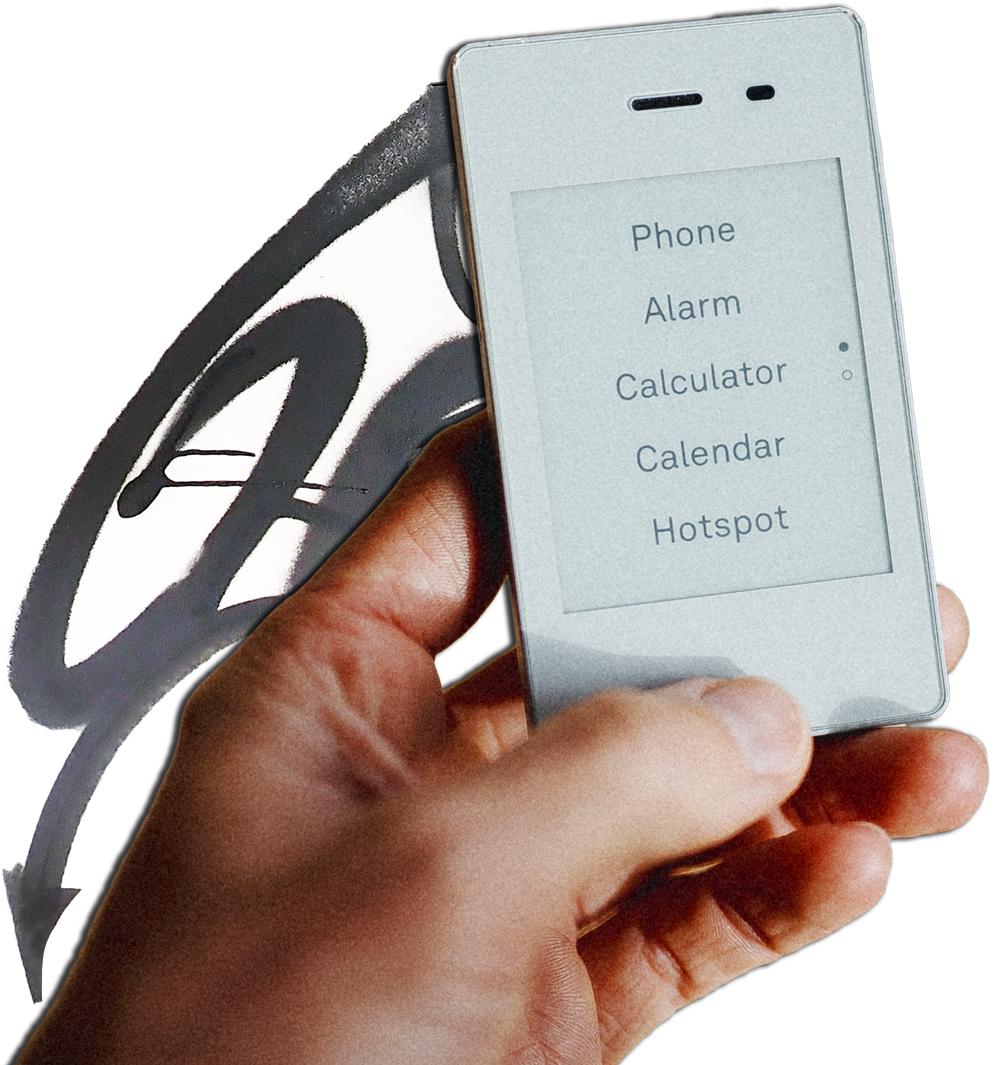
Krigbaum herself uses a Lightphone: it’s a new type of device built for digital exiles. Alongside another phone called the Kompakt, these phones are intentionally boring. The screens are e-ink. They have maps, messages, a calculator, an alarm clock, and of course a telephone. The Kompakt can “sideload” any other apps you need, like Slack, Spotify and WhatsApp. But they don’t pull and nag at your attention.
At upwards of $200, these hybrid, dull phones are the ultimate connoisseur’s choice for someone who wants to live in the modern world without being dependent on an attention-demanding device. But the true radicals go further, returning to the flip phones and Nokias of the “sweet spot” era, saying the joy of going back to the dumbphone is reclaiming parts of your brain — like your sense of direction — that have atrophied from smartphone use.
On Reddit’s dumbphones forum, people talk about the bigger aim of doing without the conveniences their phones provide and regaining control over their thought patterns. “Everything is a fucking struggle without a smartphone. The whole world is set up around them,” one Redditor wrote last month. “But I am focussed, I feel capable, I am so much more compassionate and understanding of others. I have more patience. I am less angry and more in control of my emotions. My anxiety is practically gone.”
Every so often, the author Zadie Smith — perhaps the world’s most famous flip-phone user — is reminded of the horrors of analog life, she told Ezra Klein on his podcast. “ Disaster. We’re at a party at three in the morning, there’s no way to get home, forget about it, walk five miles, disaster. Once a year. And every time it happened, I would think that was bad, but is it as bad as having my very consciousness colonized every moment of the day? And I’d be like, no. Definitely no competition.” It’s a trade-off dumb phone users are happy to make – lose their phone but regain their consciousness.
The other thing dumb phone users cherish is the solitude they get back. True solitude – where there’s no constant companion in your pocket that can listen to the sound of your voice, feel the pads of your fingertips, track your expressions, and follow you through your home city.
Someone who knows the importance of such solitude is Issa Amro, a Palestinian activist living in Hebron, on the West Bank. Hebron is one of the most intensely surveilled places on Earth, where the Israeli military uses facial recognition programs called Blue Wolf, Red Wolf, and White Wolf to track Palestinians. “I feel that I live in a lab and I’m a simulation object,” Amro told me, describing how the systems rely heavily on smartphones for data collection and enforcement.
In 2022, Amro filmed an Israeli soldier beating an Israeli-Jewish activist. The video was much-shared in Israel, and Amro knew it would only be a matter of time before he was arrested. So he gave his smartphone to a friend who drove a taxi around the city. When the police came for him, they were intent on getting hold of it. “The Israeli police were crazy to get my phone. And I refused to give it to them,” he remembers. Meanwhile, the phone’s location was moving all over Hebron, hidden in the taxicab. “My friends moved it from one car to another, trying to hide it. The phone was going all around the city until I was released,” he said with a laugh.
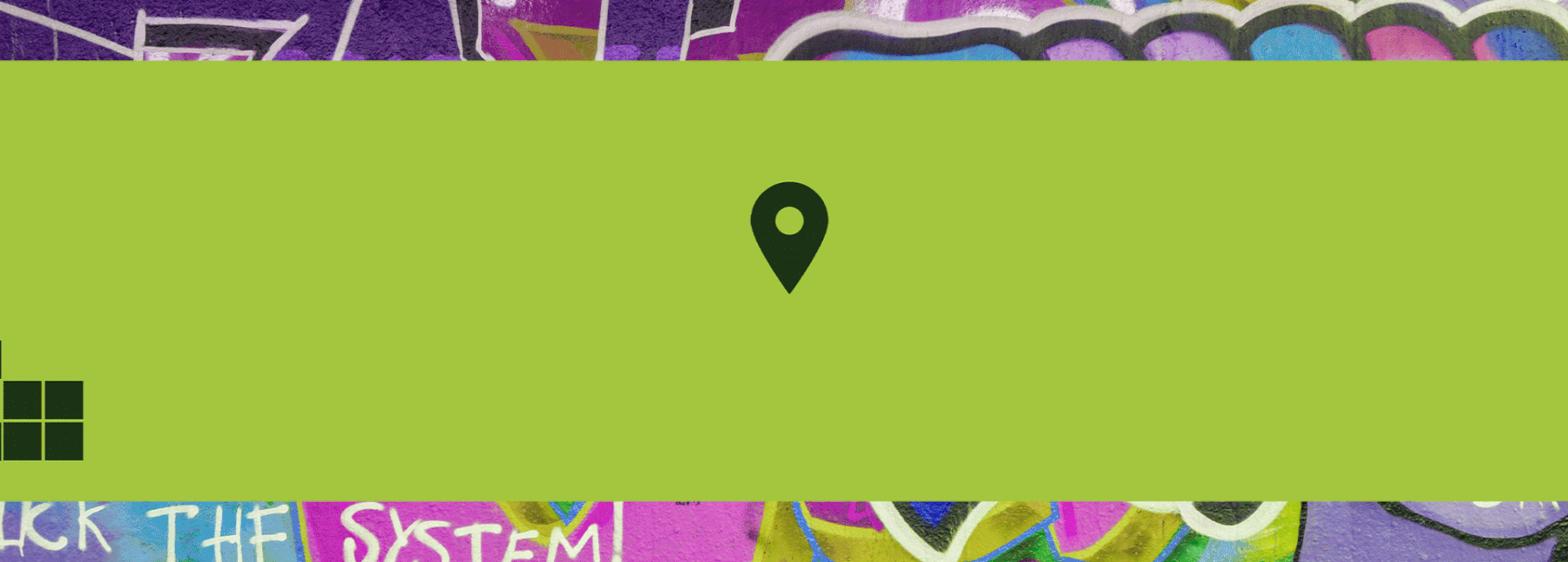
After that, he traveled to Jordan and bought an analog phone with buttons — the first he’d owned in years. “Buy it from a random place, when you travel somewhere, go and buy one,” he advised. He swaps out his smartphone for the analog phone “to feel better,” when he wants to have a moment of respite from the suffocating surveillance of life in the occupied West Bank.
“It’s a very bad feeling to know all your life is being watched. Not just your political activities, but your [personal] life too. If you want to have a date, or something for yourself, the occupation will use it against you.” Once Amro started using the analog phone, the Israeli forces took notice. They didn’t like it. Just last month, as he was crossing the border from Jordan into Palestine, the customs officer rifled through his bag, looking for his smartphone. When the officer found the small analog phone, he took a picture of it and sent it to his superiors.
“I was waiting, waiting, waiting,” Amro said. “Then the interrogators came.”
They grilled him about the phone. “ What’s wrong with you?” they said. “Why do you carry an analog phone? What do you do with it, who did you contact, and where is your smartphone?”
“I told them, ‘I’m not doing anything illegal. I live in Hebron. My house has one camera in the front and one in the back. Whenever I get in or get out, you know about it. Wherever I go, you know. My life has no privacy. Why do you care if I have an analog phone or a smartphone?’”
The border police questioned him solidly for two hours about the phone. “Everything is built on surveillance now and digitalization,” Amro said. “So if you go analog, you really make it hard for them. In the past, intelligence systems depended on analog tactics — on people. Now they depend on machines.”
They wanted him to have a smartphone because, as Amro put it, “The phone documents everything.”
He feels solidarity with other analog phone users around the world. “Whenever I see someone else with one, I feel — Here’s a friend. We are the same family.”
Sometimes, with his analog phone, Amro does nothing more than go to the forest for a moment of peace. “We’re skimming nature from our life, and it’s really important to understand the threat of digitalization. Going back to nature is really important.”
It’s a sentiment New York-based writer August Lamm, who has made a zine about dumbphones, shares. She can palpably feel the outside world re-entering her life since she got rid of her phone. “I feel more present and attuned to my surroundings, and I can feel my life changing,” she said. “My days feel long and rich and open, and I can trust my thoughts more because I don’t feel they’ve been fed to me.”
She talked about how the physical realm opened up to her when she got rid of her smartphone, with its Instagram account and its tens of thousands of followers. She regained a sense of her surroundings. “If you live for fifty years and you’re aware every day of what’s going on around you, and you’re listening to people, and you’re present, that is more valuable than living into your nineties and when you flash back through your life it’s just screens.”
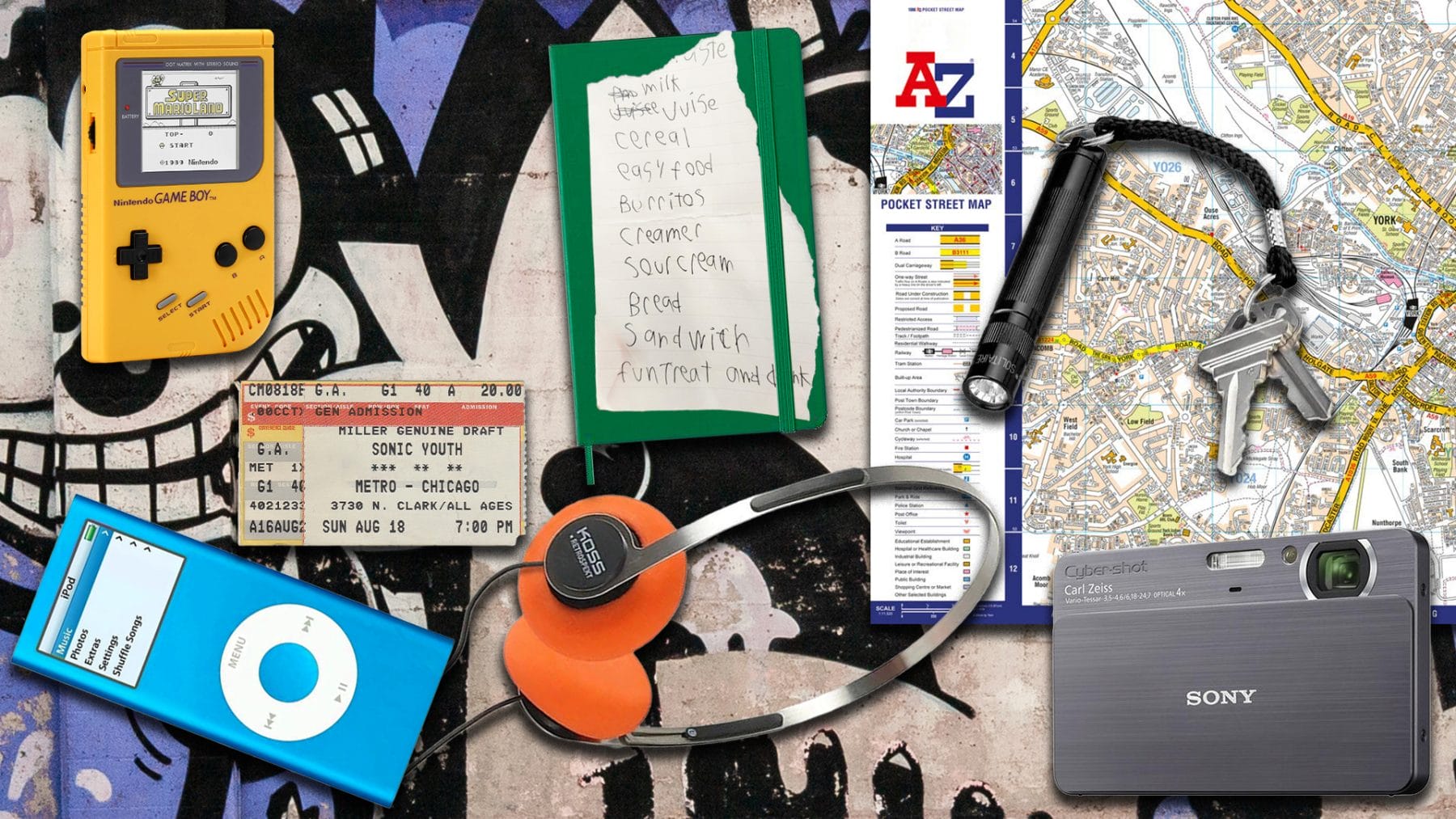
Lamm wants to push to maintain a critical minority of society who isn’t captured by smartphone use, who don’t own them and will never own them. “I would love to live in a world where people say, ‘Wait, do you have a smartphone?’ as a matter of courtesy.”
It feels like an impossible dream, as big tech companies move to capture even more areas of our lives. From the moment the scans of our unborn bodies are uploaded by our parents to Instagram, to our school days dominated by Google classroom, to our first phone, to every thought we commit to a search term or AI model, to every beat of our heart recorded by our smart watch, to the steady decline of our health, to our hospital appointments booked on our phones, to the day we die and condolences are posted on our page, the phone is ever-present. “ Our brains are captured. The industry is captured. Our politics is captured. We’re captured in so many different ways,” Judy Estrin said. “Our leadership is captured. In every industry, we’re captured by this mentality and worship of growth and innovation.”
And if tech leaders have their way, there’ll be a time when the smartphone is no longer an external device — but part of our bodies. Kyle Morris, a young AI builder I met in San Francisco last year, called the smartphone a “better prefrontal cortex. It tells you how to get places, tells you how to plan. It gives you answers. It gives you a better memory. I see in the next 50 years, that it’s going to enter us. That it’s going to become part of us.” He held up his phone in front of me: “It’s weird that we have these like external things that we’re using. People are going to start retrofitting themselves with improved memory, improved vision.”
As companies like Neuralink push towards merging technology with the body, and AI seeps into every corner of our world, Lamm says she still has days where she feels powerless and alone.
When Google rolled out AI search, with no way to turn it off, she broke down. “I googled how to undo an AI overview, and there wasn’t a way to do it. And I had a total meltdown… I was like, this is evil. Like, I can’t even do a Google search without being confronted by AI.”
I ask Lamm and Lane what they’ll do in the future in the face of this capture. With each passing year, it gets more difficult to live without a smartphone. The pandemic — which saw countries around the world rolling out QR code greenpasses — cemented this, as restaurants spurned paper menus, airlines stopped issuing paper tickets, health services made it so hospital appointments could only be booked on apps. Recently, Lamm couldn’t apply for a UK Visa because she needed a smartphone to do it. She can’t get an electric car because you can only pay for electricity with a QR code. So what then — when the drawbridge finally rises and modern life necessitates a smartphone?
Lamm has thought about this, and once she gets to her conclusion, it becomes as sci-fi as the imaginings of the tech workers who want to put chips in our heads. “There needs to be another option,” she reflected. “In the worst case scenario, people just defect from society and say, ‘Ok, there’s at least a few thousand of us that want to just live a normal life and we’ll go off and continue living a normal life somewhere else,’” she said. She quoted from Dave Eggers’s cult novel “The Every,” where a small tribe of tech-skeptics calling themselves the “Trogs” try to live outside a world where surveillance capitalism and tech have become all-encompassing.
“It wouldn’t be a commune situation because ideally through this activism, it would kind of be more of a split in society, rather than founding a new society,” Lamm said. “It would be like enough people that it would feel like normal life, and you just wouldn’t interact with the tech.”
As my line with Logan Lane, the Luddite Club founder, crackled again, I asked her the same question — what will she do when life becomes impossible without a smartphone, when tech capture becomes complete? “I’m just like, fuck it. I’ll get to it when I get to it. But I am not OK with it. I am going to do everything I can before then to try to prevent that.” She paused. “I’m not so worried about what people in Silicon Valley think people want.” As her train went into a tunnel, the line went dead, and she continued with her journey — in exile from the digital world; fully present in the physical world.
Drop in image 1: Teona Tsintsadze. Motion by Anna Jibladze . Drop in image 3: Teona Tsintsadze/Creative Commons (CC BY 4.0) Reinhold Möller, Motion by Anna Jibladze. Drop in image4 : Teona Tsintsadze/ Creative Commons (CC BY 4.0)Ermell/Reinhold Möller.




